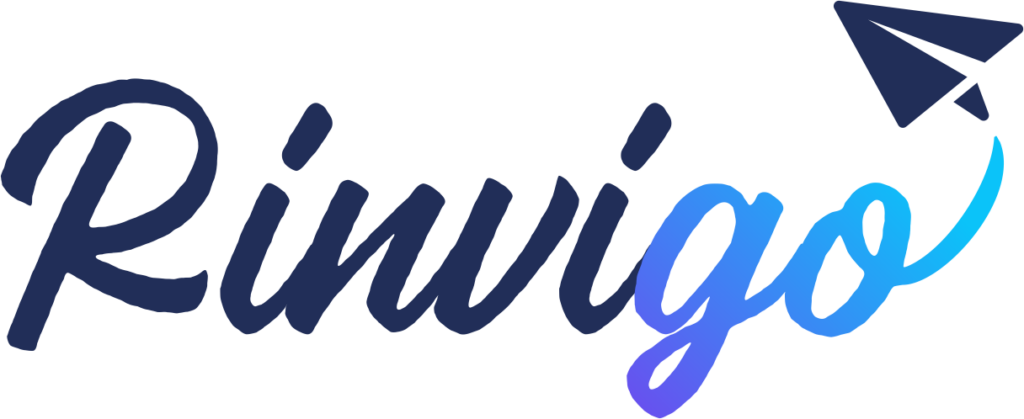
Find Out How Referrals Can Increase Ticket Sales

Promoting your event with referrals can be an effective way to generate buzz, increase attendance, and create a sense of excitement among your target audience. Here are some steps to help you leverage referrals to promote your event:
-
- Identify your target audience: Understand who your ideal attendees are for the event. Define their demographics, interests, and preferences. This will help you tailor your referral strategy to reach the right people.
- Create a referral program: Develop a structured referral program that incentivizes people to refer others to your event. Determine the rewards or benefits you’ll offer to both the referrer and the referred individual. For example, you could offer discounted tickets, exclusive access, or special perks.
- Utilize existing networks: Tap into your existing networks, such as email lists, social media followers, and professional contacts, to kick-start your referral program. Send personalized invitations to these individuals, encouraging them to refer their friends and colleagues.
- Provide referral tools: Make it easy for people to refer others by providing them with referral tools. This can include unique referral links, social media graphics, or email templates that they can use to share information about the event. The referral tools should be visually appealing and clearly communicate the value and benefits of attending.
- Encourage word-of-mouth marketing: Word-of-mouth is a powerful tool for event promotion. Encourage attendees and supporters to talk about the event to their networks. Consider organizing a pre-event gathering or creating shareable content, such as event highlights or teasers, that people can easily share on social media.
- Offer exclusive perks for referrals: Incentivize referrals by offering exclusive perks for those who refer a certain number of people or bring a group of attendees. These perks could include VIP experiences, backstage tours, or special access to speakers or performers.
- Track and reward referrals: Implement a system to track referrals and ensure that rewards are delivered promptly. Use unique referral codes or links to identify successful referrals and credit the referrers accordingly. Consider sending personalized thank-you notes or offering additional rewards for top referrers.
- Leverage partnerships: Collaborate with relevant partners or sponsors who can also promote your event to their networks. Explore opportunities for cross-promotion, joint referral programs, or shared marketing efforts to expand your reach.
- Monitor and optimize: Continuously monitor the success of your referral program. Track the number of referrals, conversions, and overall impact on event attendance. Analyze the data and make adjustments as needed to optimize your referral strategy for future events.
- Follow up and engage: After the event, express gratitude to referrers and attendees. Share highlights, testimonials, and photos from the event on social media and through email newsletters. Maintain engagement with your community to encourage ongoing referrals for future events.
Remember to comply with any applicable privacy and data protection regulations when implementing a referral program. Also, make sure to clearly communicate the program details, terms, and conditions to participants to avoid any confusion.
By leveraging the power of referrals, you can expand your event’s reach, tap into new audiences, and create a sense of excitement that encourages people to attend and share their positive experiences.
